Like so many adults, I thought about lots of different things I would do when I “retired,” among them not setting an alarm, traveling, learning Spanish, spending more time with the grandkids—and, oh yes, returning to the piano. I was inspired by Noah Adams’s book Piano Lessons and felt that if he could start playing the piano as an adult, I could certainly return to it.
I’d had moderately intense piano lessons between the ages of 7 and 14 and quit while working on Beethoven’s Pathétique Sonata. Since my graduate school days, I have known that I wanted to master this piece. I would very occasionally sit down at my childhood piano, which moved with me many times, and play a bit—but when I say “occasionally,” I mean years would sometimes go by between instances.
About two years ago, I “retired,” which meant I left a fairly intense job with a company for which I had worked for 27-plus years, assumed a half-time position at a local university, took on some writing and consulting, and continued to do college counseling. And … I started back at the piano, lessons and all!
It had been more than 50 years since I’d last attempted to play in any serious fashion. I knew I couldn’t (or shouldn’t) start right in with the Pathétique Sonata, but I could not resist working on it. I’ve been working on it ever since, although not with my piano teacher. I play that first big chord, and it brings back those feelings I had at the age of 14 that I was playing something really impressive and dramatic. I love not only those striking chords that open the piece, but also the beautiful Adagio movement that comes much later. I’m convinced my fingers “remember” the notes in this sonata (at least as far as I got with it) but they still stumble over that darn chromatic scale in the 11th measure! But I now have more determination to play the sonata in its entirety, and I have a much deeper appreciation of the structure of the piece. Still liking a piece of music you liked 50-plus years ago seems pretty special.
While Beethoven’s Pathétique Sonata has not changed in this time period, pretty much everything else about studying music has. For instance, there are the numerous apps (like Music Journal) that include practice logs and metronomes with all sorts of interesting features (for instance, determining the speed at which you are actually playing) as well as online music readers (like forScore).
I have changed, as well. Adults taking piano lessons play because we like music. We play because we want a diversion from our professions. We play because it keeps our minds active. We play because it keeps our fingers from getting stiff. We play because it’s a challenge. We play because we want to.
And the research bears out all of these benefits—and more. For instance, a 2012 study out of Northwestern University found that musical endeavors reduce age-related delays in neural timing. In other words, playing and studying music helps ensure that aging does not affect individuals’ communication. Playing a musical instrument can also help lessen pain in patients with arthritis, another 2012 study found. And music, a third 2012 study concluded, can mitigate anxiety.
I have a way to go, but I’m motivated by the fact that Noah Adams, who had no prior piano training, started off wanting to play Schumann’s Träumerei. To me, that was a lofty goal; it’s not too difficult to master the notes (though not easy, either), but to turn those notes into music is another matter. With practice, I feel confident I can get there, as well. In the process, I’m learning about music—and learning about all the ways to learn about music—and getting closer to achieving a lifelong goal: mastering Beethoven’s Pathétique Sonata.

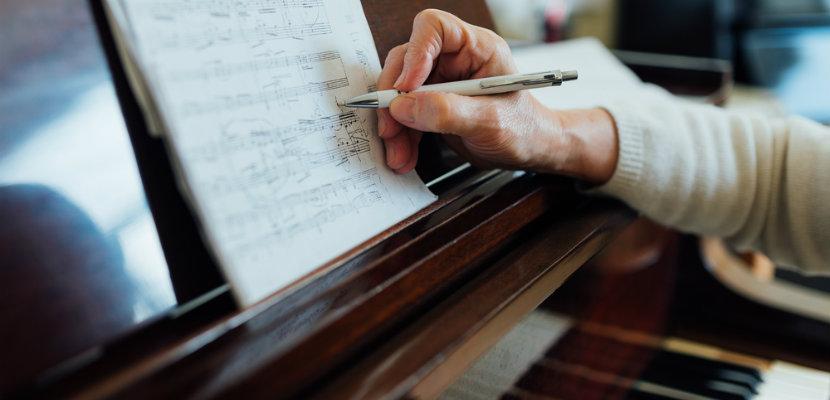
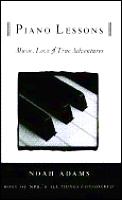
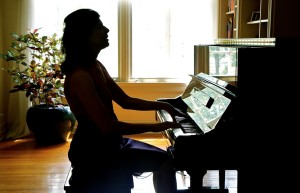
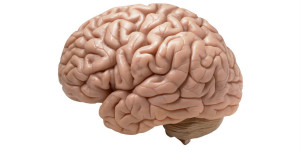
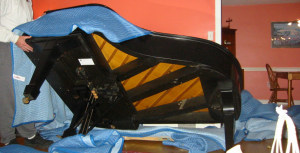
Hi :)
You might also enjoy this book: http://www.telegraph.co.uk/culture/books/non_fictionreviews/9810919/Play-It-Again-by-Alan-Rusbridger-review.html
It was great reading how you’ve described your process here. My story is slightly different, as after doing an ATCL (Piano Performance), i’ve now elected to start again at Grade 3 and sit exams so i can sense a kind of deeper progress. It feels really inspiring to begin again and practise with inspiration and discovery as an adult (whatever that is haha).
So glad that you enjoyed this article, and good luck with your discovery! Funny you mentioned the Alan Rusbridger book, because we hope to run an excerpt this year. Is there a particular section that you really liked that you think would work well for our readers? If so, would love to hear your thoughts.
Thanks, Sharon. I have ordered the Rusbridger book and look forward to reading it. I find the different approaches that adults take to playing the piano interesting. My piano teacher teaches about 8 or 9 adults and we get together for “play dates” perhaps twice a year. We’re at different levels and have different approaches but we all are playing because we want to, which is the most important consideration. And while I hated music theory as a child, I now am looking for a good music theory course!
Can barely read a note of sheet music, but have “played” the piano for 45 years. I decided, a year and a half ago, to take lessons. My teacher was willing to forgo the intricacies of music theory and sight reading and help me improve my technical skills; to better play more complex pieces. Debussy’s Clair de Lune was my first choice and challenge. After 6 months, I had memorized the song, but was not technically proficient enough to play at speed. Setting that aside, I took up Beethoven’s Moonlight Sonata – 1st movement. More my speed, I was able to reach a level of proficiency that satisfied my own expectations. Right now I am attempting Handel’s Minuet in G minor. Different style and technique continues to challenge me. Piano has kept this elderly, though unsophisticated man moving forward, mentally, physically and I would believe, spiritually also.
Great to hear about your experiences. I’m working on first movement of Beethoven Moonlight Sonata right now, and it’s by no means an easy piece! Good luck with the Handel, and yes, I do believe too that the piano’s ultimate benefit is how it helps us spiritually.
Thank you for the reply. One of the difficult challenges with Moonlight was resisting the impulse to play faster to prove to myself that I was mastering the song. A slow tempo, as was intended, made me feel amateurish. I eventually overcame that and was able to add feeling without increasing the tempo. Very moving piece that is worth the effort. Thank you again.
It’s true about how challenging it is to sustain that slow tempo. I was just practicing the piece last night, by the way. Randall, are you a subscriber to Grand Piano Passion? I was thinking that you would enjoy our weekly newsletter.
Late reply. Yes I receive your newsletter; which brought me to this article. Thank you for what you do.
I love the different approaches that the adults I know have taken to playing the piano. There is certainly no one right way! I’ve recently started playing Debussy and while I disliked his work as a young student, I love it now. Three cheers for the piano!